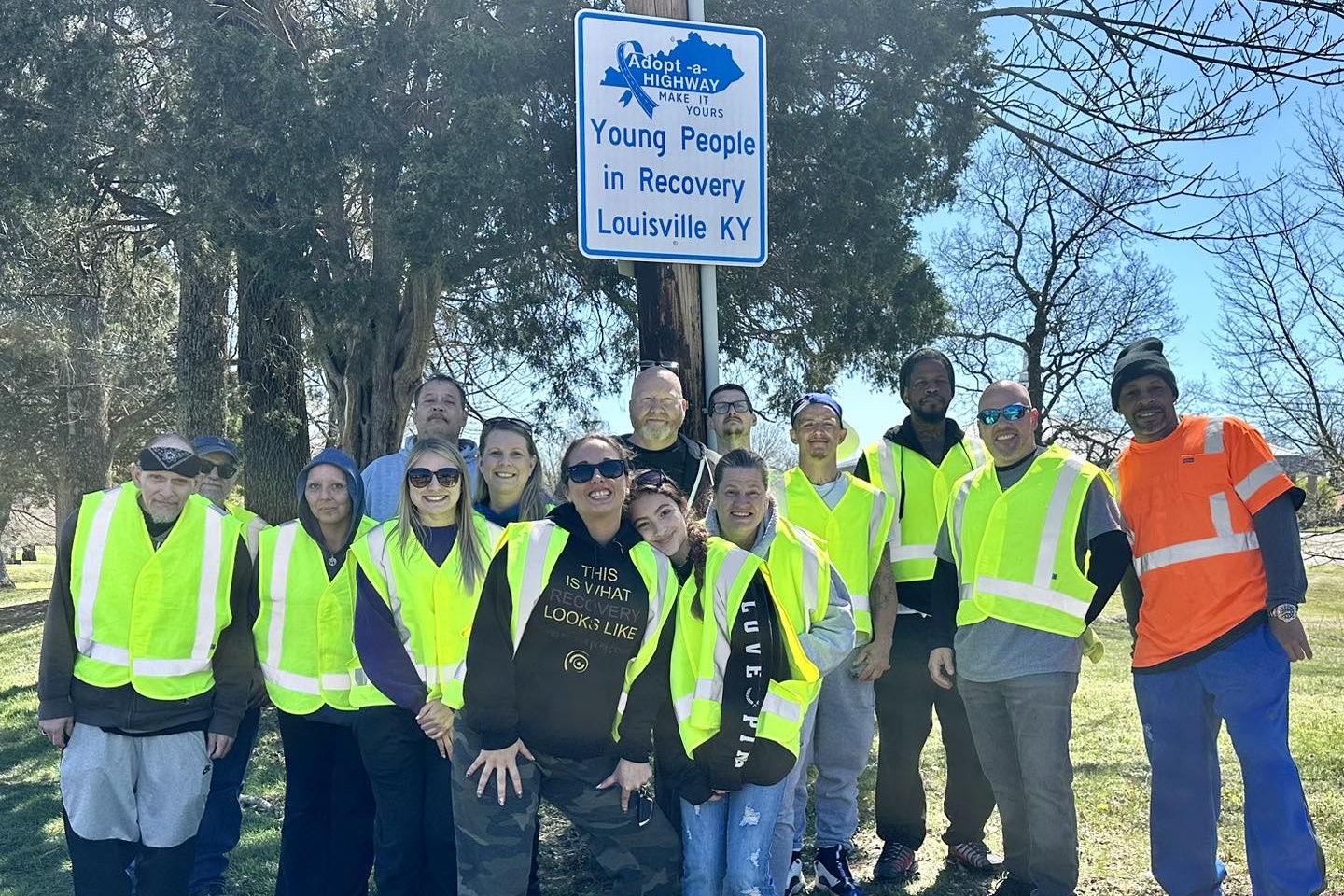
With the state’s latest COVID-19 trends appearing to improve, Colorado’s emergency physicians withdrew a request to the governor’s office and state health department to implement broad emergency protocols for hospitals meant to help facilities weather a surge of patients.
To date, the Polis administration has not activated crisis standards of care for hospitals, which aim to help them deal with the crisis. But earlier this month, emergency room physicians had urged just that, saying hospitals were dealing with unprecedented conditions.
“As our health care system continues to struggle with multiple stressors on the system, we are at a breaking point,” the group wrote.
But now, “things have plateaued to a point where maybe there's a little bit of stabilization,” said Dr Ricky Dhaliwal, the president of the Colorado chapter of The American College of Emergency Physicians.
The organization issued a press release Sunday updating its position.
The state’s health department recorded 1,581 confirmed COVID-19 hospitalizations Monday. That number reached to nearly 1,700 patients, about 200 less than the pandemic record, before it leveled off and started to decline.
State health officials said last week the state continues to have high levels of transmission, but they’re seeing improvements in the data, signaling a possible turning point in the omicron surge.
In its release, the emergency physicians said with the plateau and subsequent decrease in COVID-19 cases, they were able to stabilize emergency departments, and “unless we were at a false peak this should hold for now.”
Due to those changes, the group “no longer feels Crisis Standards of Care for hospitals are currently emergently necessary,” and withdrew its request for implementation of the crisis standards of care for hospitals.
The state health department released a statement in response to the emergency doctor’s updated position. “We will continue to monitor disease transmission and hospital capacity and will make the decisions that best protect public health,” a spokesman for the department said in an email. “The state has invested millions of dollars in staffing contracts to support hospitals throughout this winter wave and the Governor’s administration is working on longer term investments to expand career paths into healthcare workers.”
The American College of Emergency Physicians said it thought the current crisis standards for emergency medical services and staffing should remain in place, due to “extreme staffing shortages and significantly elevated volumes.”
It also urged a more collaborative approach instead of potential state policies to bar hospitals from continuing planned and/or elective surgeries in response to future COVID-19 surges.
“As hospitals are self-policing, they need to be collaborative and transparent in regard to reporting capacity and other data so that should things worsen in the future, all hospitals and systems are working synergistically to ensure we are able to protect our patients and our healthcare system,” the group wrote.
Emergency physicians sounded the alarm earlier this month, as the omicron variant of the coronavirus dealt Colorado record levels of transmission and cases and near-record levels of hospitalizations. In meeting with state health officials and the governor’s office they spelled out a number of serious issues now hitting Colorado: nursing shortages, a lack of access to rapid testing, significant liability risks for clinicians and hospitals now caring for patients, challenges in transferring patients statewide when hospitals are full and the anticipation, in coming weeks, of more patients coming to emergency departments to seek additional new oral medications to treat COVID-19.
As it’s been for many weeks, on Monday more than half of Colorado hospitals said they anticipated a staff shortage within the next week; a third said they anticipated an ICU bed shortage. Ninety percent of ICU beds are now in use, with 148 out of about 1,500 beds now available. At the beginning of the pandemic in 2020, about two-thirds of the state’s then-1,900 ICU beds were in use, a reflection of how hard the nursing shortage has hit the state’s hospitals.
In Sunday’s press release, Colorado’s American College of Emergency Physicians said it hoped to work with the state “as these issues are not going to suddenly resolve themselves.”
“We must continue to work together to stabilize Colorado’s health care system which will take time and effort, and we look forward to continuing to work with the Governor to that end,” the group wrote.
Dhaliwal said he hoped state health officials, hospitals and providers could work to be ready for the next wave. “I think many people believe that we may see other variants,” he said, so the key now is to ensure “that we have a system in place that works synergistically together to ensure we can provide the best quality care for patients.”
Related stories
- Colorado’s COVID numbers are still high, but health officials see signs of a ‘potential turning point’ in the omicron wave
- At-home rapid COVID tests: how to use them and why they may mislead you if you don’t have symptoms
- Crime, COVID aid and cost of living: What Colorado lawmakers will focus on in the 2022 legislative session
- Two COVID-19 testing companies have been ordered to stop operating in Colorado. Here’s a list of their 11 locations
- Omicron in Colorado: Treatment, testing, booster shots and more to know









